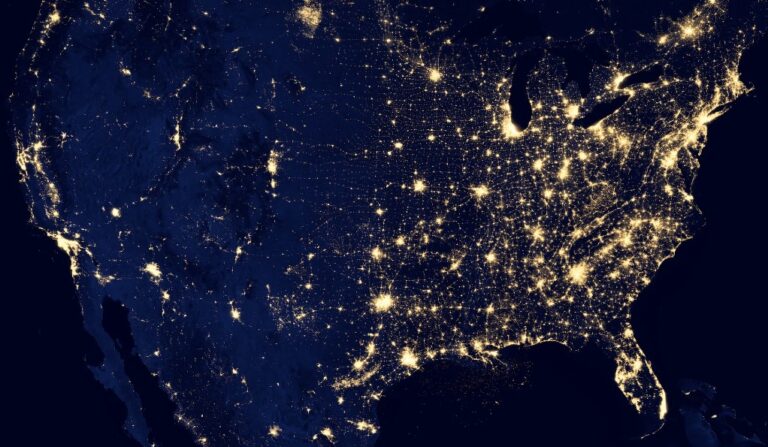The internet has become a crucial aspect of modern society, allowing instantaneous communication between people all over the world. Sixty-nine percent of humanity, or 4.9 billion people are regular internet users as of 2022.
An estimated 196 million additional individuals gain access to the internet each year, or an annual growth rate of 4%. In the most recent period, internet use increased by 62%, with the typical user spending 90 minutes online.
A rise in global Internet users can be attributed to rising levels of both technological sophistication and accessibility to the internet.
Table of Contents
The 5 countries with the most internet users
This article seeks to look into the five countries with the most internet users, shedding light on their digital terrains and the factors contributing to their high online populations.
1. China (1 billion internet users)
China has more than 1.4 billion inhabitants, making it the most populated country in the world. This massive population is a major factor in the country’s massive online user base, but in reality, just slightly more than half of the country’s residents actually utilize the web.
Alibaba, Tencent, Huawei, and Baidu are just a few of the world’s largest and most powerful internet businesses, and their presence in the country has helped to build its digital ecosystem.
The digital gap in China persists, even though coastal cities have excellent internet infrastructure and access. Although progress has been achieved, there are still barriers to ensuring that all residents have equitable access.
2. India (833.7M)
India has a reputation for having a tech-savvy populace, and its percentage of internet users, at 20%, is second highest in the world.
In 2015, the government of India announced a drive called “Digital India” to increase access to computers, the internet, and other digital resources in the country’s more remote regions. The success of this program is measured by the number of people it has helped gain access to the internet.
The introduction of cheap cell phones, many of which are manufactured in India, completely altered the market. The widespread availability of these gadgets has increased the number of people who can gain access to the internet.
3. United States (312.3M internet users)
The United States has more internet users than any other country and plays a pivotal role in the global digital economy. Numerous people believe it to be the original site of the World Wide Web. The United States was the site of the first ARPANET connection in 1969, establishing the groundwork for the modern internet as we know it today.
The number of Americans who utilize the internet is quite large. Companies like Google, Apple, Facebook (now Meta Platforms, Inc.), Amazon, and countless more had their starts here.
Although high-speed internet is widely available in urban areas, there are still locations, especially in rural areas, where access is spotty at best. This digital divide is the focus of continuous efforts to close the gap.
Read also: Top 12 tech companies in the Silicon Valley
4. Indonesia (212.4M internet users)
Indonesians are the fourth most prolific online population in the world. Their internet usage has skyrocketed in the last few years. With approximately 175 million online residents by 2021, its population is only expected to grow.
Many individuals in Indonesia use their cellphones as their primary means of connecting to the internet, leading to the country being labeled a “mobile-first” nation. As smartphone prices have dropped and data rates have become more reasonable, more people have been able to afford internet access.
Indonesia has experienced great growth, yet the country still confronts obstacles, such as the expansion of internet access to rural areas. A significant gap persists in internet access between city dwellers and those in rural areas. Connectivity improvements are undergoing at the national level.
5. Brazil (178.1M)
Brazil, the largest country in South America, has the world’s fifth-highest Internet user population. With an estimated 150 million Brazilians online by 2021, the country will become a global leader in e-commerce, social media, and online banking.
There is also a burgeoning digital industry and infrastructure for data storage in Brazil. Some of these businesses are making efforts to green their data hosting operations and lessen their impact on the environment.
The digital divide between urban and rural communities in Brazil is exacerbated by problems with internet connectivity in outlying areas. Cybersecurity and data privacy are also becoming more pressing issues.
Efforts have been made by the Brazilian government to foster the expansion of the country’s digital economy. The goal is to provide internet connectivity in unserved areas and boost digital literacy.
Shaping the future of internet usage
By bridging geographical and cultural distances, the internet has changed the world. The digital landscapes of the seven nations with the most internet users are as varied as the people who live in them.
It seems expected that these nations will remain at the forefront of technological innovation for the foreseeable future. Thus making significant contributions to the direction the internet will go.
Read also: Internet access around the world: the state of the art












